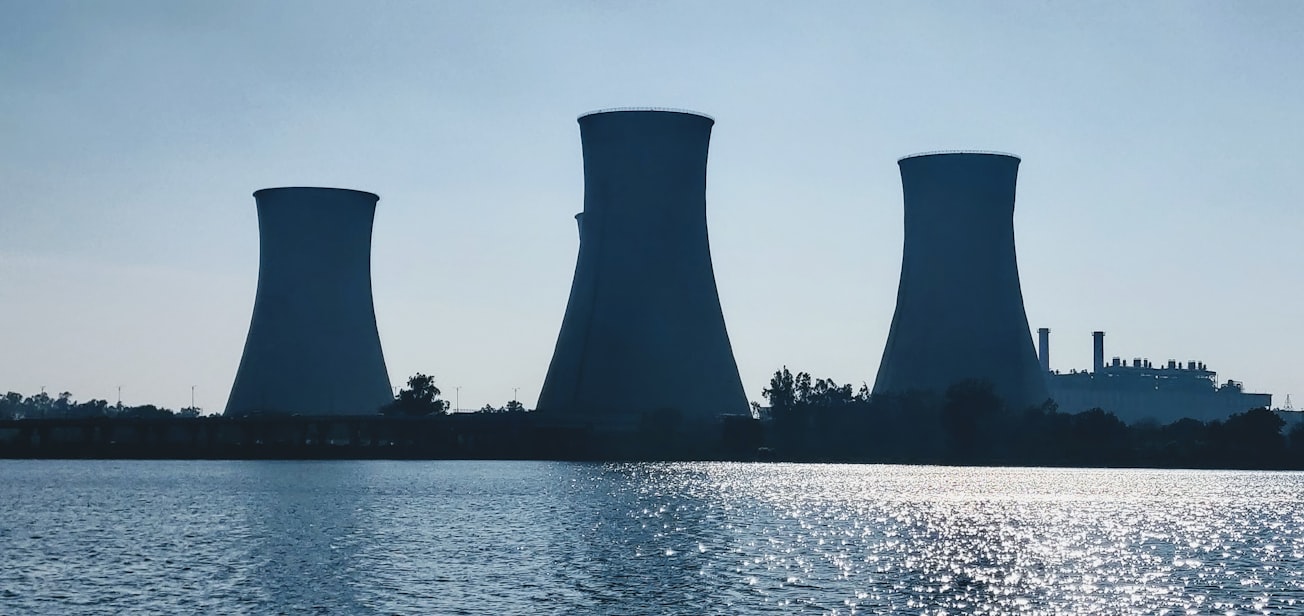What is it about?
This article compares the different trajectories of nuclear power policy in Japan, Taiwan and Korea in the post-Fukushima era. The Fukushima nuclear accident ratcheted up the level of contention between civil activism and supporters of nuclear power in all three states. The result of this contention has been decided by the combined effects of two factors – interest structure (complexity vs simplicity) and politicisation (national level vs local level). In terms of scope, policy change has taken place in Taiwan, Japan and Korea in that order. This analysis contributes to a balanced understanding of both structural constraints and the political process in which each actor, and in particular civil activism, is able to manoeuvre.
Featured Image

Photo by Ajay Pal Singh Atwal on Unsplash
Why is it important?
The Fukushima incident's impact on Japan, Taiwan, and Korea differs from one another, depending on each case's domestic structure and political process relevant to nuclear power policy. The article highlights and compares interest structure surrounding nuclear power and the level of politicisation of the issue.
Perspectives
With this analysis, we were able to find some generalizations on the question of why the Fukushima incident has had different impacts on different cases. The generalizations can be applied to those other than the three cases under examination in this article.
Sung Chull Kim
Seoul National University
Read the Original
This page is a summary of: Dynamics of Nuclear Power Policy in the Post-Fukushima Era: Interest Structure and Politicisation in Japan, Taiwan and Korea, Asian Studies Review, December 2017, Taylor & Francis,
DOI: 10.1080/10357823.2017.1408569.
You can read the full text:
Contributors
The following have contributed to this page










